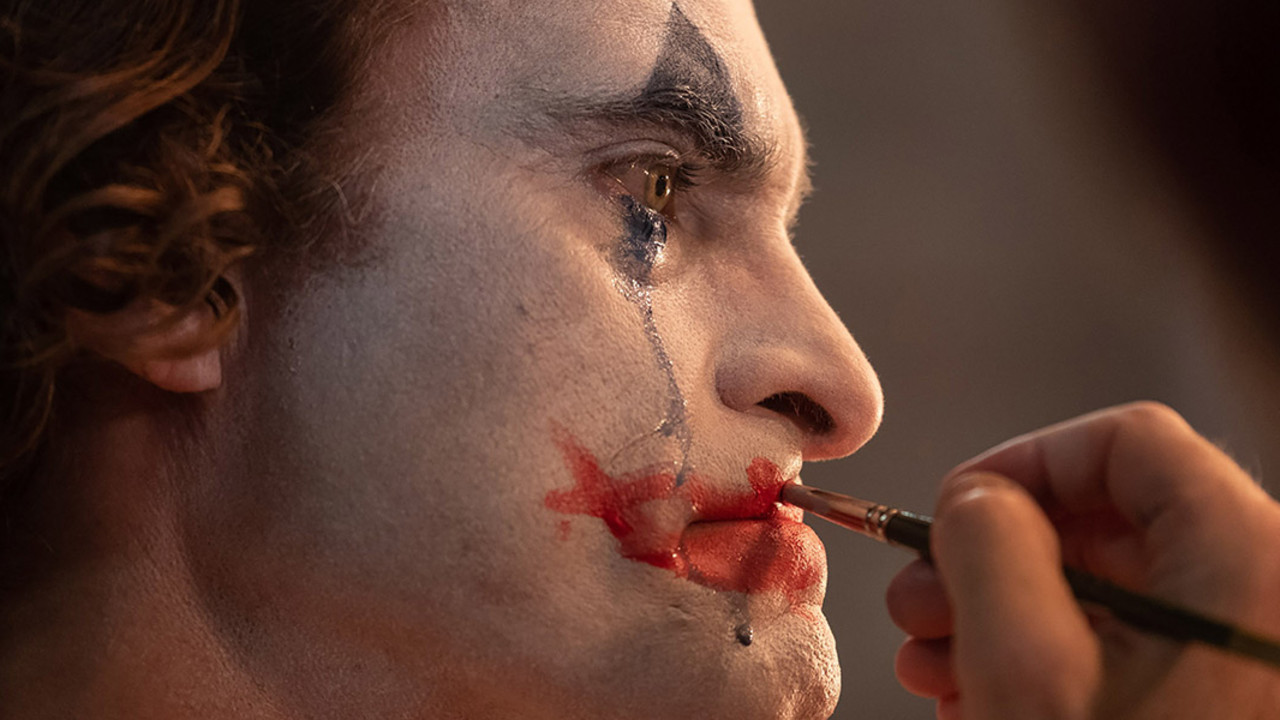Review by Zach Dennis
“There is no doubt that this belongs to the realm of the frightening, of what evokes fear and dread.” - Sigmund Freud, “The Uncanny”
In Sigmund Freud’s essay, “The Uncanny,” he explains that many of the traits associated with this phenomenon deal with the projection of one’s self, the inhabitance of multiple selves or personalities that fester the narcissistic super-ego into forming its own reality. Unfortunately for Freud, 100 years after the publishing of the essay, he couldn’t have anticipated the innovations in media, including the cinema, television or, especially, the internet.
In a postmodernist society, what is true reality is twisted, and our relationship to pop culture and media can distort it to the point of no return — enflaming our anxieties and making those suffering from mental illnesses even more susceptible to feeling isolated despite the inherently more expansive web of connectivity than those in Freud’s age could have even imagined.
What is true in 2019 is vastly different than what is true in the time period inhabited in director Todd Phillip’s Joker, which seems to play in a rose-colored trash heap of New York City in the 70s — a bastion of the unfiltered edge that Scorsese perfected, but without the understanding that he brought to his work.
Despite being tossed into the past, Joker is very much a movie of the present. While lacking the Reddit forums of the current age, Phillips is clearly speaking to the societal angst that a section of the digital landscape bellows out: the world isn’t paying attention to us or our talents, and it will regret it.
At its core, Joker would love to be a movie about the mental health system and the lack of attention or funding to actually help those who desperately need it. But that’s all bullshit. The movie just needed something to make it seem much more nuanced so that it could validate its lust for violence and exhalation of the misunderstood misfit.
Arthur Fleck (Joaquin Phoenix) lives through pop culture. Every night he comes home to his mother (Frances Conroy) and the two take in the Murray Franklin Show — a Johnny Carson riff with Robert DeNiro playing the titled host. He works as a street sign artist, but is consistently neglected by his co-workers and boss while also being tortured by people on the streets (we first meet him having his sign stripped away and broken by a gang of teenagers before they begin to kick Fleck in an alleyway).
Society has no room for someone like Fleck, but he believes his ability to become a stand-up comedian will pave the way to acceptance. Outside of his mother, and his nightly silver screen correspondence with Murray Franklin, there aren’t many other people in Fleck’s life. A brief encounter with one of his neighbors, Sophie (Zazie Beetz), may offer an escape. As the two stand in the elevator, Sophie shows annoyance over the day, signing a gun to the head to the laughter of Fleck. It is only a small interaction, but enough to light the flame of approval by another person for the generally misanthropic man.
His pursuit of a stand-up career along with his “relationship” with Sophie are two signs of Fleck’s distorted realities as he is eventually invited to join the panel of the Murray Franklin show after clips of a set he did make the airwaves (a jest for the audience in the context of the show, but a point of affirmation for Fleck) while Sophie continues to appear in various points of the narrative alongside Fleck — a friend, or even more, who has become another rock in his life alongside his mother. It isn’t until late in the film when a despondent and disengaged Fleck makes his way into her apartment — alarming the single mother — that we realize that these framed-to-be-tender moments were actual figments of a fracturing mind.
All of these degenerating realities collapse as police close in on Fleck for an act earlier in the film where his un-diagnosed tendency to break into laughter caught the attention of some drunk financial bros, who used the absurd tick to attack Fleck — resulting in him firing back with a handgun, killing all three men. The act became a calling for the disenfranchised of Gotham City to rise up against the wealth dominating the city.
Phillips desperately wants to say something about mental illness, about wealth inequality, and about our inabilities to see past our own echo chambers, but as all of these qualities come to ahead in the final act of Joker, and Fleck continues to fall deeper and deeper into the deranged psychopathic Batman villain most people are coming to see the movie for — it defaults into the violence. Because in the end, that’s what you come to a movie about this character, right?
It’s unfortunate that this movie would become such a hot-button for debate because there is nothing even remotely profound about it. Phoenix drips with inklings of better performances while Phillips allows the rest to be a dress-up for a poor rip-off of better screams into the infinite void.
In the current age, it’s easy to channel the uncanny. Go from tweet to tweet, post to post, and you’ll find most people vocally dealing with insecurities, anxieties and uncertainties. But Joker never speaks to any of those — as Fleck pulls the trigger and murders more and more people, culminating in a revolt to decency and the status quo.
When it happens in Ferguson, it’s terrorism. At Stoneman Douglas, it’s a tragedy. When it happens in Joker, it’s cool. And that’s the problem that it’s author doesn’t seem to understand.

